Copenhagen, Denmark, 1962. When a high-ranking Soviet official decides to change sides, a French intelligence agent is caught up in a cold, silent and bloody spy war in which his […]
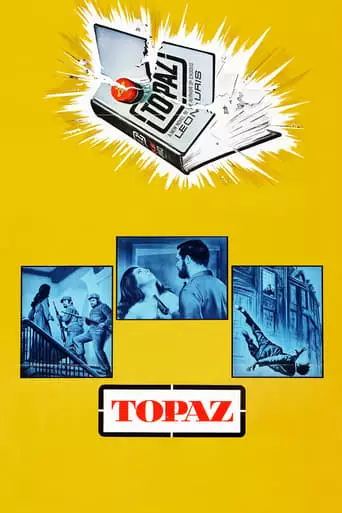
Copenhagen, Denmark, 1962. When a high-ranking Soviet official decides to change sides, a French intelligence agent is caught up in a cold, silent and bloody spy war in which his […]
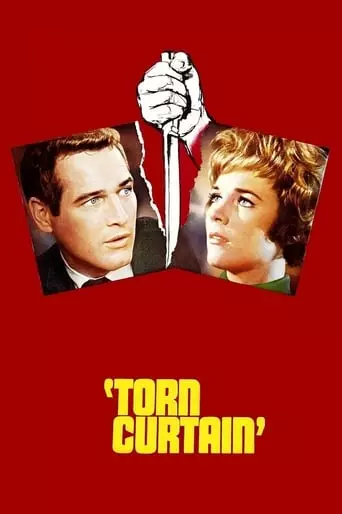
During the Cold War, an American scientist appears to defect to East Germany as part of a cloak and dagger mission to find the formula for a resin solution, but […]
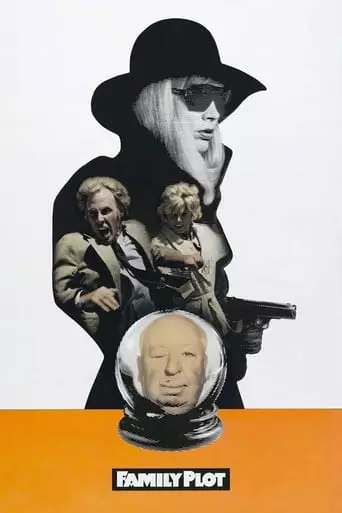
Spiritualist Blanche Tyler and her cab-driving boyfriend encounter a pair of serial kidnappers while trailing a missing heir in California.
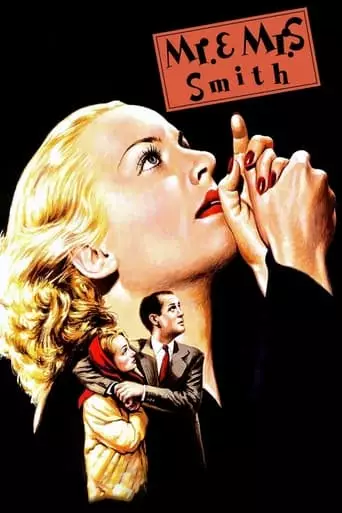
Happily married for three years, Ann and David Smith live in New York. One morning Ann asks David if he had to do it over again, would he marry her? […]
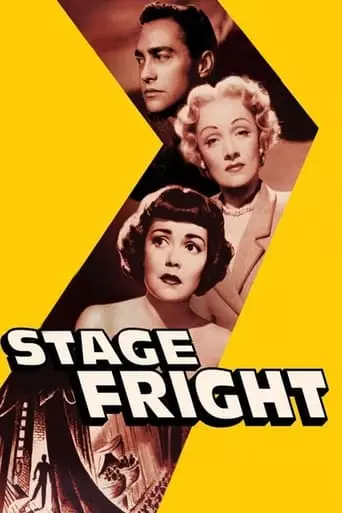
A struggling actress tries to help a friend prove his innocence when he’s accused of murdering the husband of a high-society entertainer.
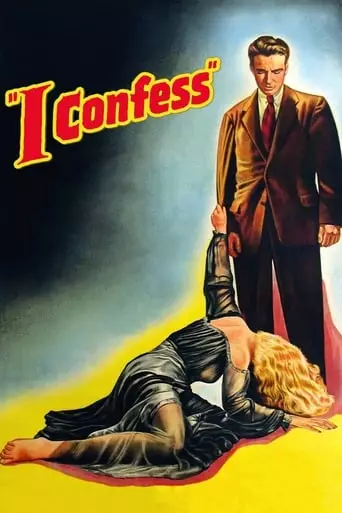
Unable, due to the seal of the confessional, to be forthcoming with information that would serve to clear himself during a murder investigation, a priest becomes the prime suspect.
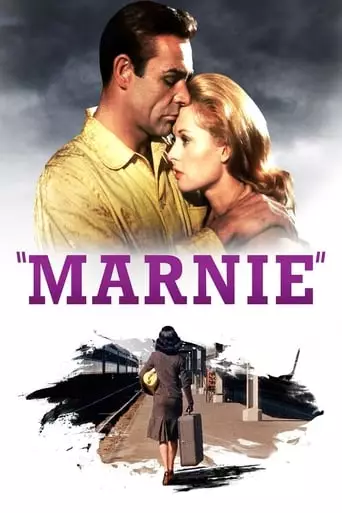
Marnie is a thief, a liar, and a cheat. When her new boss, Mark Rutland, catches on to her routine kleptomania, she finds herself being blackmailed.
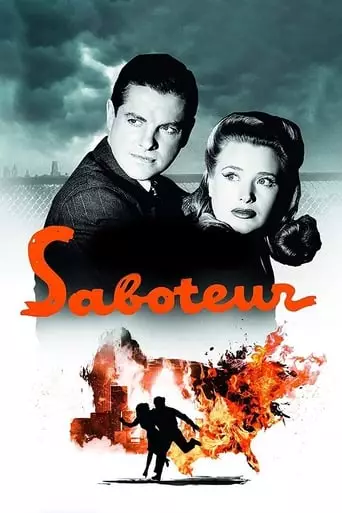
Aircraft factory worker Barry Kane flees across the United States after he is wrongly accused of starting the fire that killed his best friend.
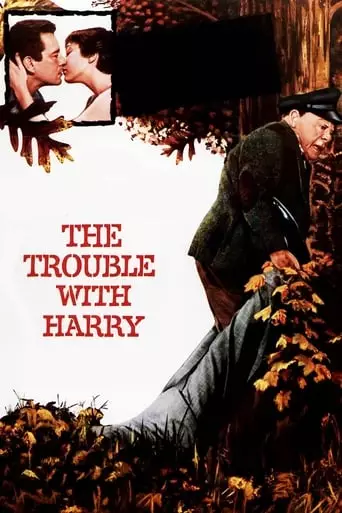
When a local man’s corpse appears on a nearby hillside, no one is quite sure what happened to him. Many of the town’s residents secretly wonder if they are responsible, […]
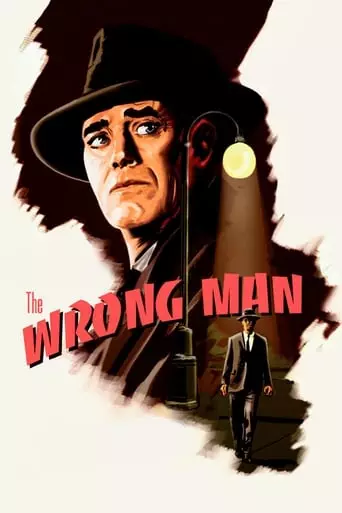
In 1953, an innocent man named Christopher Emmanuel “Manny” Balestrero is arrested after being mistaken for an armed robber.
Alfred Hitchcock: The Master of Suspense
Alfred Hitchcock, born August 13, 1899, in Leytonstone, England, is a name synonymous with suspense and psychological thrillers. Over a career spanning more than 50 years, Hitchcock directed over 50 feature films, earning his place as one of the most influential and celebrated filmmakers in the history of cinema. Known for his meticulous craftsmanship, innovative storytelling, and mastery of tension, Hitchcock redefined the thriller genre and left a legacy that continues to inspire filmmakers today.
Early Life and Career
Hitchcock’s fascination with storytelling began in his youth, nurtured by a deep interest in literature, art, and silent films. After studying engineering and art, he entered the burgeoning British film industry in the early 1920s, starting as a title designer for silent films.
His directorial debut came with The Pleasure Garden (1925), followed by The Lodger: A Story of the London Fog (1927), widely regarded as his first “true” Hitchcock film. The Lodger established key elements of his signature style, including suspense, visual storytelling, and the theme of an innocent man wrongly accused.
The Hitchcock Style
Hitchcock’s films are defined by their meticulous construction and psychological depth. He was a pioneer of visual storytelling, often using the camera as an active participant in the narrative. His signature techniques include:
The MacGuffin: A plot device that drives the story but is ultimately unimportant in itself, such as the stolen money in Psycho or the uranium-filled wine bottles in Notorious.
Point-of-View Shots: Hitchcock frequently used subjective camera angles to immerse the audience in a character’s perspective, heightening tension and emotional engagement.
Suspense Over Surprise: Hitchcock believed that suspense, where the audience knows more than the characters, was more effective than surprise. This approach is evident in the bomb-under-the-table scene in Sabotage (1936).
Innovative Editing: Hitchcock’s use of montage, such as the iconic shower scene in Psycho (1960), demonstrates his mastery of editing to evoke fear and intensity.
Iconic Films
“Rear Window” (1954)
A masterpiece of voyeurism and suspense, Rear Window stars James Stewart as a photographer confined to his apartment who suspects his neighbor of murder. The film brilliantly explores themes of isolation, morality, and the act of watching.
“Vertigo” (1958)
Often hailed as Hitchcock’s greatest work, Vertigo is a haunting tale of obsession and identity. With its dreamlike cinematography and a mesmerizing performance by James Stewart, the film delves into themes of control, guilt, and psychological instability.
“North by Northwest” (1959)
A thrilling adventure filled with mistaken identity, North by Northwest features some of Hitchcock’s most famous set pieces, including the crop-duster chase and the climactic Mount Rushmore sequence.
“Psycho” (1960)
Perhaps his most famous film, Psycho redefined horror and psychological thrillers. With its shocking plot twists, groundbreaking storytelling, and Bernard Herrmann’s chilling score, the film remains a benchmark of cinematic suspense.
“The Birds” (1963)
A chilling tale of nature turning against humanity, The Birds explores themes of chaos and vulnerability. Its innovative special effects and absence of a traditional musical score make it a standout in Hitchcock’s oeuvre.
Themes and Influence
Hitchcock’s films often delve into themes of guilt, voyeurism, identity, and the complexity of human relationships. He was particularly interested in exploring the darker aspects of human psychology, often placing ordinary characters in extraordinary situations. His meticulous attention to detail extended to every aspect of his films, from the casting to the use of sound and music.
As a director, Hitchcock was known for his collaborations with top actors, including Cary Grant, James Stewart, Ingrid Bergman, and Grace Kelly. He also worked with innovative composers like Bernard Herrmann, whose scores added immeasurable tension to his films.
Hitchcock’s influence is evident in the works of countless directors, including Brian De Palma, David Fincher, and Christopher Nolan. His storytelling techniques and innovative use of the camera have become foundational elements of modern filmmaking.
Controversy and Critique
Hitchcock’s perfectionism often extended to his relationships with actors, which could be contentious. He was known for exerting control over his leading ladies, which has been reexamined in the context of modern discussions about gender and power in Hollywood.
Some critics have also argued that Hitchcock’s focus on style sometimes overshadowed substance. However, his ability to balance technical brilliance with compelling narratives has solidified his status as a cinematic genius.
Awards and Legacy
Despite his immense contributions to cinema, Hitchcock never won a competitive Academy Award, though he received the Irving G. Thalberg Memorial Award in 1968. His films, however, have garnered lasting acclaim, and his reputation as a master filmmaker remains unchallenged.
In 2012, Vertigo topped the British Film Institute’s poll of the greatest films of all time, a testament to Hitchcock’s enduring impact.
Conclusion
Alfred Hitchcock’s career is a testament to the power of innovation, creativity, and storytelling. As the “Master of Suspense,” he redefined the thriller genre, blending psychological depth with technical brilliance. His films continue to captivate audiences, inspire filmmakers, and shape the art of cinema, ensuring his legacy will endure for generations to come.